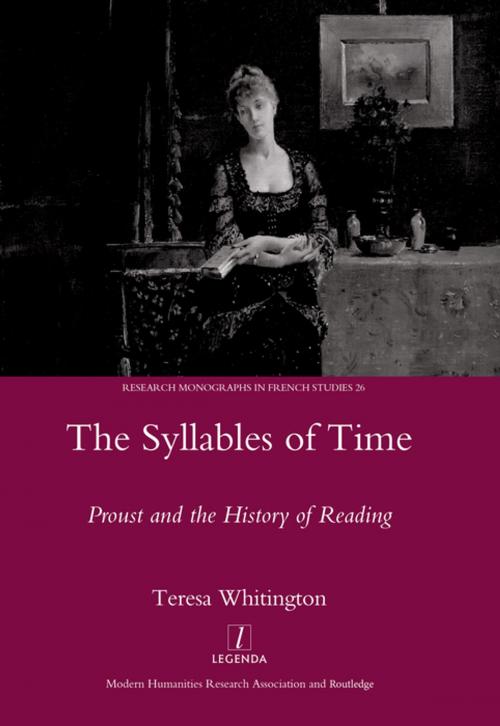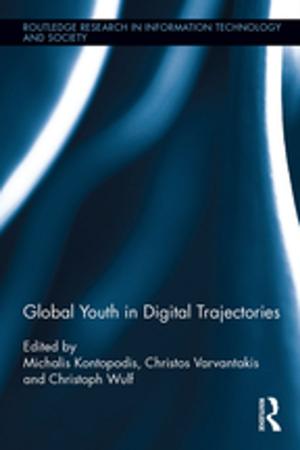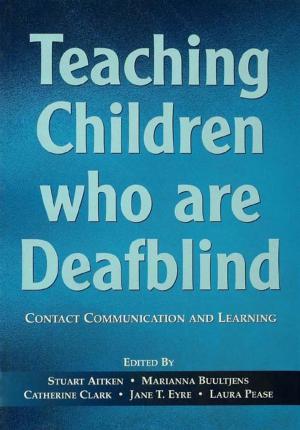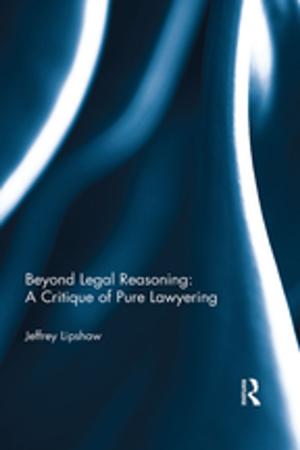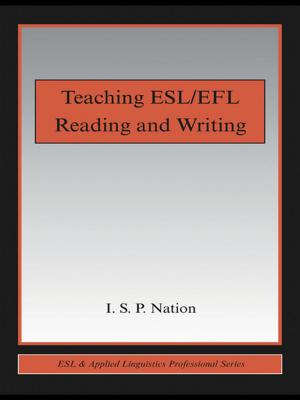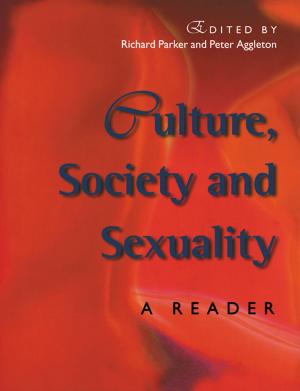The Syllables of Time
Proust and the History of Reading
Nonfiction, Reference & Language, Foreign Languages, Language Arts| Author: | Teresa Whitington | ISBN: | 9781351540124 |
| Publisher: | Taylor and Francis | Publication: | July 5, 2017 |
| Imprint: | Routledge | Language: | English |
| Author: | Teresa Whitington |
| ISBN: | 9781351540124 |
| Publisher: | Taylor and Francis |
| Publication: | July 5, 2017 |
| Imprint: | Routledge |
| Language: | English |
This study reveals reading to be one of the main activities to occupy the inhabitants of the world of Marcel Prousts novel A la recherche du temps perdu. Characters do not just read books but have access to the journals and newspapers of a rapidly expanding print industry. They receive letters and postcards from family and friends. The posters of a nascent advertising industry tempt them to spend an evening at the theatre or a holiday by the sea, and new forms of communication, such as telegraphy, enter their lives and require new strategies of deciphering. All human activity is glossed by means of a series of metaphors of reading, extending the readers domain beyond the written text. Through a series of illuminating analyses, Teresa Whitington shows how this web of references builds into a specifically Proustian account of both the outer, social context of reading and the inner, psychological world of the reader. Proust offers a contribution to the history of reading in the France of his own lifetime and suggests that reading is the very condition of the writing of his fiction.
This study reveals reading to be one of the main activities to occupy the inhabitants of the world of Marcel Prousts novel A la recherche du temps perdu. Characters do not just read books but have access to the journals and newspapers of a rapidly expanding print industry. They receive letters and postcards from family and friends. The posters of a nascent advertising industry tempt them to spend an evening at the theatre or a holiday by the sea, and new forms of communication, such as telegraphy, enter their lives and require new strategies of deciphering. All human activity is glossed by means of a series of metaphors of reading, extending the readers domain beyond the written text. Through a series of illuminating analyses, Teresa Whitington shows how this web of references builds into a specifically Proustian account of both the outer, social context of reading and the inner, psychological world of the reader. Proust offers a contribution to the history of reading in the France of his own lifetime and suggests that reading is the very condition of the writing of his fiction.
